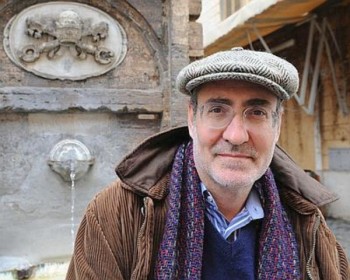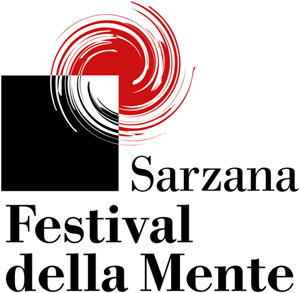2011 Programme
Evento n.16
Marco Belpoliti
As you have seen it on tv
For Marshall McLuhan, tv is a cold medium that arises passive reactions and does not excite or push to action unlike radio, the medium of choice of 20th century dictatorships. But how can tv have hypnotized millions of people for 50 years, in Italy as well as in the United States? To what degree has tv changed the rituals of Western democracy, the mode and the limitations of public discourse? What is the epistemology of tv? Some say we don’t watch tv—tv watches us. Some say tv informs us, but what kind of information does it really provide? Belpoliti offers his perspective at a time when the so-called ‘commercial’ tv, at least in Italy, seems to be doomed to rapid decline as a consequence of the rise of the Web and above all of last-generation mobile hones or smartphones.
Marco Belpoliti an essayist and writer, teaches at the University of Bergamo. His works include: Il corpo del capo (2009); Pasolini in salsa piccante (2010); La canottiera di Bossi (2012); L’età dell’estremismo (2014), Primo Levi di fronte e di profilo (2015) published by Guanda. He writes for la Repubblica and l’Espresso; he co-directs the series «Riga» for Marcos y Marcos with E. Grazioli. With Stefano Chiodi he is coordinator of the online magazine and publishing house Doppiozero. Ahis essay La strategia della farfalla (Guanda) came out in June.
Evento n.6
Zygmunt Bauman
Reflections on the notions of community and network, on social networks and Facebook

Evento n.14
Gian Carlo Calza
Different, eccentric, extraordinary: aesthetics and creativity between Asia and the West

Evento n.26
Franco Borgogno
In other people’s hearts and minds. A psychoanalyst between tradition and creativity

Evento n.37
Sonia Bergamasco, Fabrizio Gifuni
A quiet sunny day. Attilio Bertolucci and Pier Paolo Pasolini, a friendship in verse






















